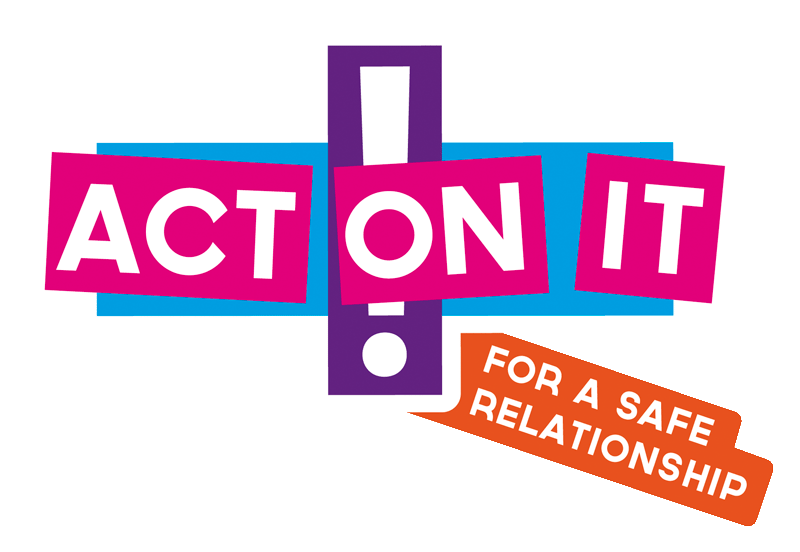
Toxic relationships
Toxic relationships are often dominated by controlling, manipulative and coercive behaviours. Find out more about toxic relationships here…
If you’re not sure what the difference is between an unhealthy and toxic relationship, take a look at some of the behaviours below…
Harmful behaviour
Verbal harm
If someone has ever used language to hurt you – shouting, giving you the silent treatment, swearing or threatening you – they've verbally abused you.
Emotional harm
If someone has ever manipulated you, humiliated you or made you feel scared of leaving them, they could have emotionally abused you.
Financial harm
If another person controls your finances, steals things from you or destroys your belongings or your home, they might be financially abusing you.
Physical harm
Physical abuse usually forms part of an ongoing pattern of controlling behaviour. It rarely happens as a one-off when a partner lashes out without warning. Spitting and throwing stuff at you is physical abuse too.
Sexual harm
Sexual abuse / sexual assault includes any form of sexual activity (involving physical contact, words or photos) that takes place without your consent. And that includes sharing nude photos of you.
WATCH: Act on it Now harmful behaviour films for teens & young people.
Learn more about the different types of harmful behaviour that might be happening within your toxic, controlling or coercive relationship.
Act on it Now: harmful behaviour films
Find out more about verbal, emotional, physical, financial & sexual harm through our harmful behaviour film series.
Gaslighting is a form of psychological manipulation. It can make you question your own memory, perception or judgement.
People who harm use gaslighting to gain power and control within their relationships. Scroll down to find out more…
Gaslighting | questioning yourself
“He honestly made me feel like I was going crazy. Even now he tells everyone I’m the psycho ex…”
- Lily
A safety plan can help you to keep yourself safe – whether you stay or leave your harmful relationship.
Safety planning
A safety plan can help to limit the harm you experience within your toxic relationship.
It can help you work out where you stand, think about your options and help you picture what your future will look like.
You can write a safety plan for any kind of toxic relationship – with your partner, your parents, or someone else (brother / sister / friend, etc).
Click here and start your own safety plan today.






